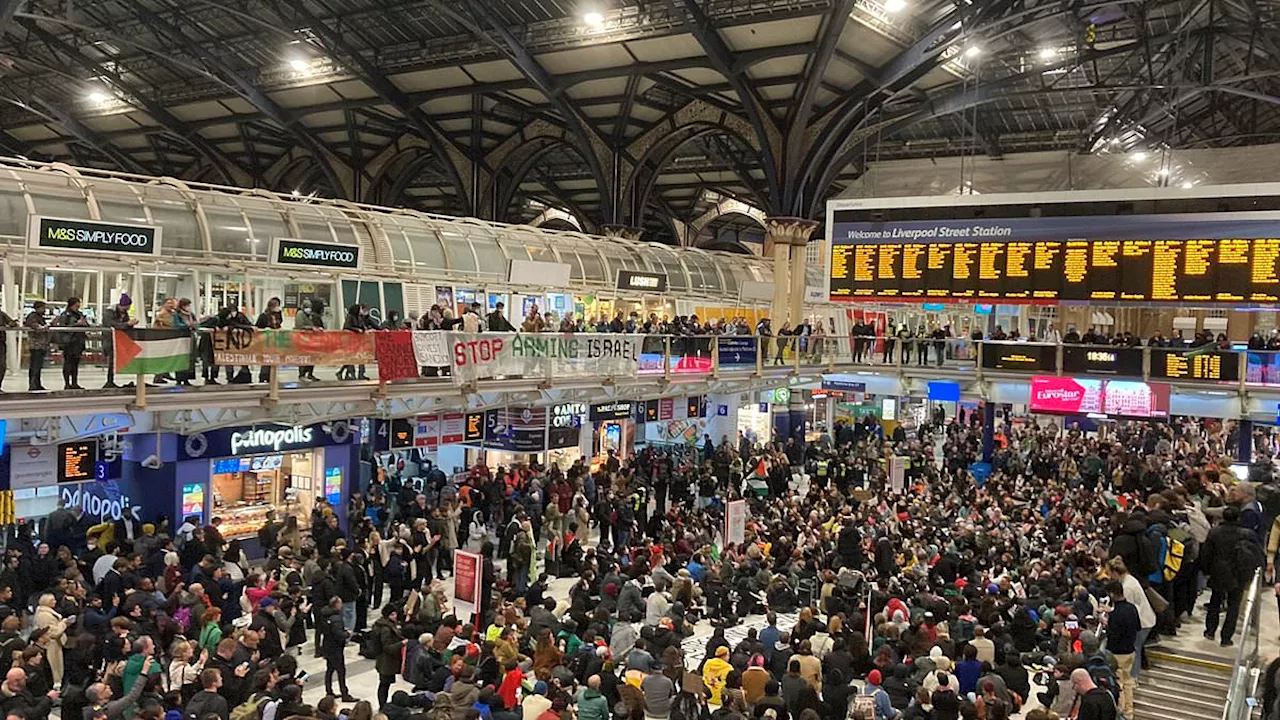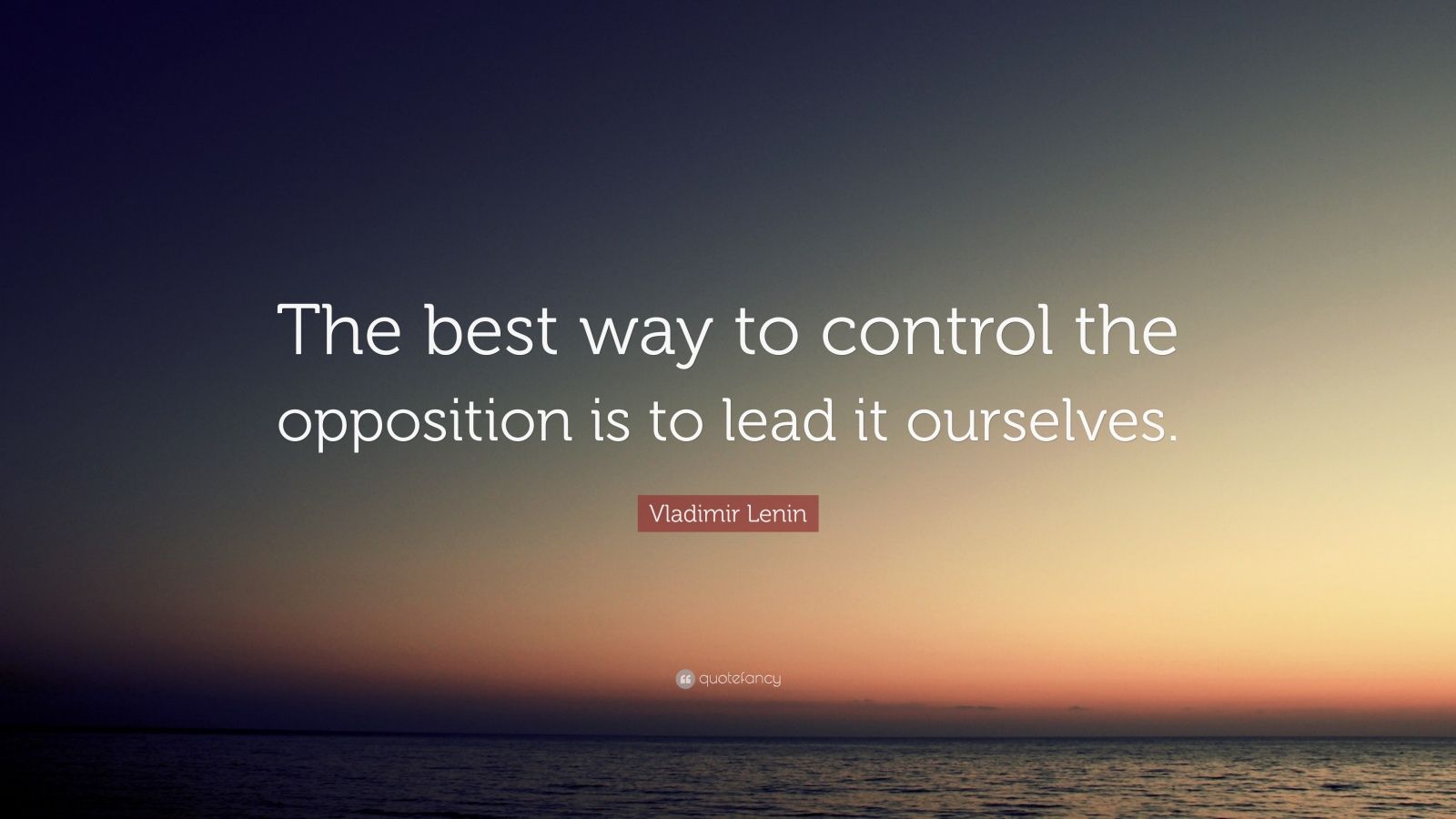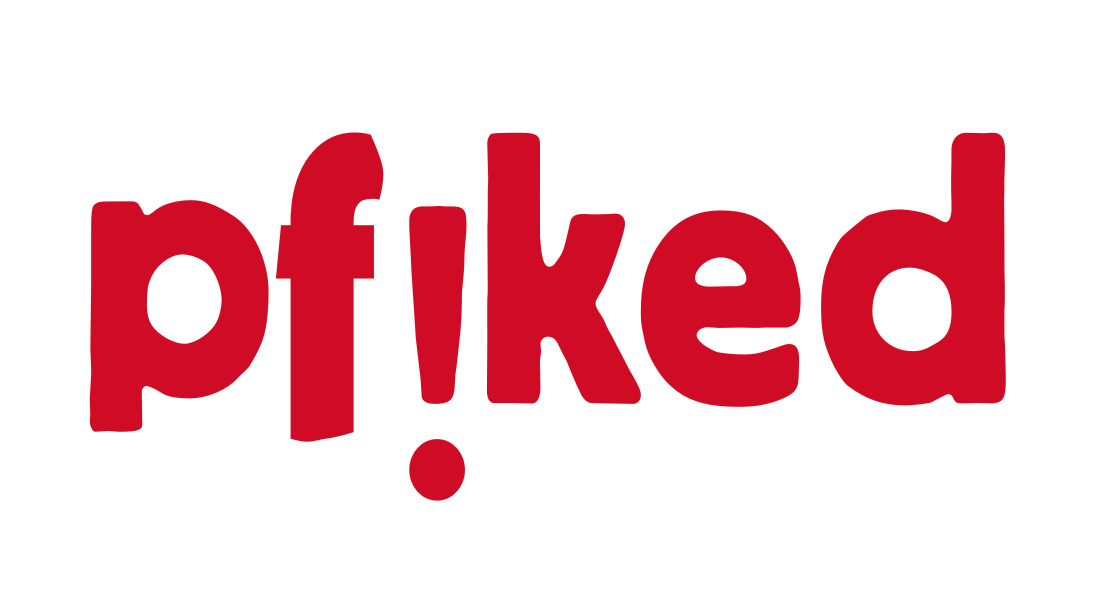Things are about to turn very nasty

If you believe the opinion polls, Sir Keir Starmer’s Labour Party is poised to win by a country mile at the next general election. Recent by-election results would confirm this trend albeit with very low turnouts. Yet on the ground there is little enthusiasm for the prime-ministerial candidate that BlackRock’s Larry Fink has publicly endorsed. Meanwhile, parliament has become a sideshow. When Andrew Bridgen MP dared to raise the issue of excess deaths, citing voluminous data from various government agencies of increased mortality among working age adults since the multi-billion pound jab roll-out, only a handful of MPs dared to turn up while the soundproofed public gallery was full and the BBC saw fit to add captions contradicting the MP’s well-researched evidence. Sir Keir has admitted on camera to the BBC’s Emily Maitlis that he much prefers annual WEF gatherings with like-minded global influencers at Davos to parochial shouting matches at Westminster.
Some have accused Sir Keir of sitting on the fence on the key controversies of the day, but nothing could be further from the truth. He merely had to bide his time as Boris waffled over the first two and half years of the corona regime. He offered no opposition to the massive government overspend on covid containment policies. Indeed, under his stewardship Labour wanted to lock down sooner and harder. The lavishly funded Behavioural Insights Team did Labour’s dirty work for them by engendering a climate of helplessness and hyper-dependence on remote authorities, setting the stage for the next phase of the Great Reset. Unsurprisingly, the Labour-run fiefdom of Wales is running the first major trial of Universal Basic Income with funding from a penny-pinching Tory government.
What frightens me most about Keir Starmer is not his devotion to the institutions of technocratic control, but his staunch opposition to intellectual freedom. We heard hardly a whisper of opposition to the Orwellian Online Safety Bill from the Labour front bench and only murmurings of dissent from Corbynite left. If you can censor scientists who disagree with the WHO’s directives, you can censor peace activists who disagree with the Israeli government. If can censor opponents of mass migration because of their alleged racism, you can censor historians who disagree with official fact-checkers. If you rewrite history and send dissident historians to quarantine camps, you can literally get away with mass murder.
In the wake of the war over Gaza, Labour faces an enormous challenge. Large sections of its members and electoral base disagree profoundly with the leadership. Labour needs the block votes of Britain’s growing Muslim community and the wishful-thinking caring classes (teachers, nurses, social workers etc.). While Sir Keir may get away with his slavish parroting of the covid narrative, feelings run high about the mounting death toll in the Levant. Millions of Labour supporters can easily access Aljazeera with 24/7 coverage of Israeli war crimes and now distrust the British MSM more than ever, although for different reasons than social conservatives, libertarians and nationalists. Many have also questioned whether Hamas beheaded babies or whether the IDF’s heavy-handed response could have boosted the high civilian death toll in the horrific October 7th attacks on innocent Israelis. If the British telecommunications regulator, OfCom, attempted to ban Aljazeera in the same way as they silenced dissent over covid or banned RT, hundreds of thousands more would be out on the streets protesting and people will quickly find other means to access alternative news sources. That explains, at least in part, why the BBC has been more balanced on Palestine than it was on the covid regime.
One minute we all have to isolate and stay at least 2-metres apart, the next we all have to huddle into densely populated refugee camps sharing a toilet with hundreds of other people. One minute we ostracise the unvaccinated, the next we welcome undocumented refugees into our homes. One minute we welcome refugees from all over the world, the next we arrest them for protesting against Israeli war crimes.
If you believed the lockdowns were about public health, you might also believe Sir Keir Starmer wants peace in the Middle East. If he did, why would he align himself so closely and visibly with the Tony Blair Institute? As noted elsewhere the Biotech Industrial Complex is an extension of the better understood Military Industrial Complex. Unsurprisingly, both have close links with the Tony Blair Institute, the WEF, the White House and the Israeli government.
Infantile Pro-Palestinians
It is not just the Labour Party that’s split down the middle on Gaza, but the whole international woke movement. All of a sudden, I find myself sympathising with the likes of Greta Thunberg as her pro-Palestinian stance has given her a bad press in some quarters. However, George Soros’ openDemocracy foundation has long championed the Palestinian cause. His organisation has openly funded many pro-migration NGOs and open-borders campaign groups. Global technocrats can play both sides against each other. Tails you lose, and heads you score a pyrrhic victory. The Chinese Communist Party is realigning with the BRICS alliance and has given diplomatic support to the Palestinian side, but they have also recently wined and dined California’s lockdown king, Gavin Newsom. Of the big geopolitical powers only India, traditionally pro-Israeli, seems to be hedging its bets, while many pro-NATO European politicians, like Guy Verhofstadt better known for his rants against Putin and Brexit, are now distancing themselves from the US administration’s resolute opposition to a ceasefire. Why? Because they can feel the winds of global change. If Israel wins the battle of Gaza, it will do so at the expense of a weakened Collective West, morally obliged to accommodate millions more refugees. It would be a lose-lose situation for both Palestinians and ordinary Israelis (i.e. not the 20% with dual citizenship). An alternative outcome could bring Russia, Iran and China into the conflict and enforce a radical two-state solution based on the 1948 borders policed by international peacekeepers with the removal of all US military bases in the region. This scenario would not only humiliate the US/UK alliance with a heavy price in terms of human lives, it would inevitably lead to a mass exodus of Jewish Israelis. We might even see both sequences of events play out in quick succession. European workers will be expected to foot the reconstruction bill, but the Israeli and Arab elites will do just fine as will their friends in the arms and surveillance industries.
Who could benefit most from an intensification of community hostilities in cosmopolitan towns and cities across the Western World? With competing narratives about the causes of the Middle East conflict, I think we need more dialogue and fearless open debate, but alas our WEF-compliant politicians see things in terms of hate speech, which they get to define, and the parallel spectres of antisemitism and Islamophobia. Sir Keir Starmer has succeeded in annoying not only most Labour supporters sympathetic to the Palestinian cause, but also many staunch Zionists, by calling for urgent action against, wait for it, Islamophobia a day after making a speech against a ceasefire. In Sir Keir’s world, you may not insult the prophet Mohamed or complain about Pakistani grooming gangs in your neighbourhood, because that would be Islamophobic, but it’s fine to support Israeli airstrikes on refugee camps in Gaza, because otherwise you would deny Israel’s right to exist and that would be antisemitic. All we need is a handful of rogue agitators at a pro-Palestinian rally calling for an armed insurrection against Zionists and the Home Secretary has a pretext to ban all peaceful protests because they may incite violence. If the government can ban comedians for telling jokes about Gays for Palestine being thrown off rooftops, it can also ban protests against Israeli war crimes, lockdowns or gender-bending lessons in primary schools.
Are we being played?
Unlike Rishi Sunak or Sir Keir Starmer, Scottish First Minister, Humza Yousaf and Scottish Labour Leader, Anas Sarwar, both of Pakistani descent, have called for a ceasefire and, almost in the same breath, urged Scots to welcome Palestinian refugees. Yet only yesterday, both politicians seems perfectly aligned with the global establishment. The Scottish Government has no say in the UK's foreign and migration policies. Meanwhile, GB News and the Daily Mail, the bad boys of the British mainstream media, have a distinct pro-Israeli bias with their regular opinion leaders advocating a ban on Pro-Palestinian protests on Armistice Day (11th November). The Home Secretary, Suella Braverman, has also indicated that anti-terrorism and anti-hate-speech laws could outlaw any protests glorifying Hamas and, by extension, Hezbollah, which enjoys greater support in the wider Muslim world. This may lead to a standoff between two rival factions, both funded and manipulated by major global players. On the one hand we have the Israel-sympathising pro-American faction, allied with many British patriots, and on other we have a fragile alliance of the internationalist radical left, most Muslims and critically thinking peace activists. In a cruel twist of fate, many critical thinkers are now in the same camp as trendy lefties, while many social conservatives now welcoming a clampdown on freedom of expression in the name of antisemitism and honouring our forebears who helped defeat the Nazis. With organisers planning for as many as a million to attend next week's National March for Palestine in London coinciding with the traditional poppy-festooned Armistice Day memorial services, the stage is set for a showdown with the police. We may then only need a real or false flag terror attack, allegedly to revenge a mounting civilian death toll in Gaza, to justify martial law on the streets of London.









